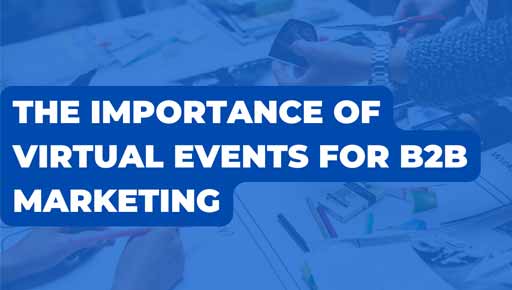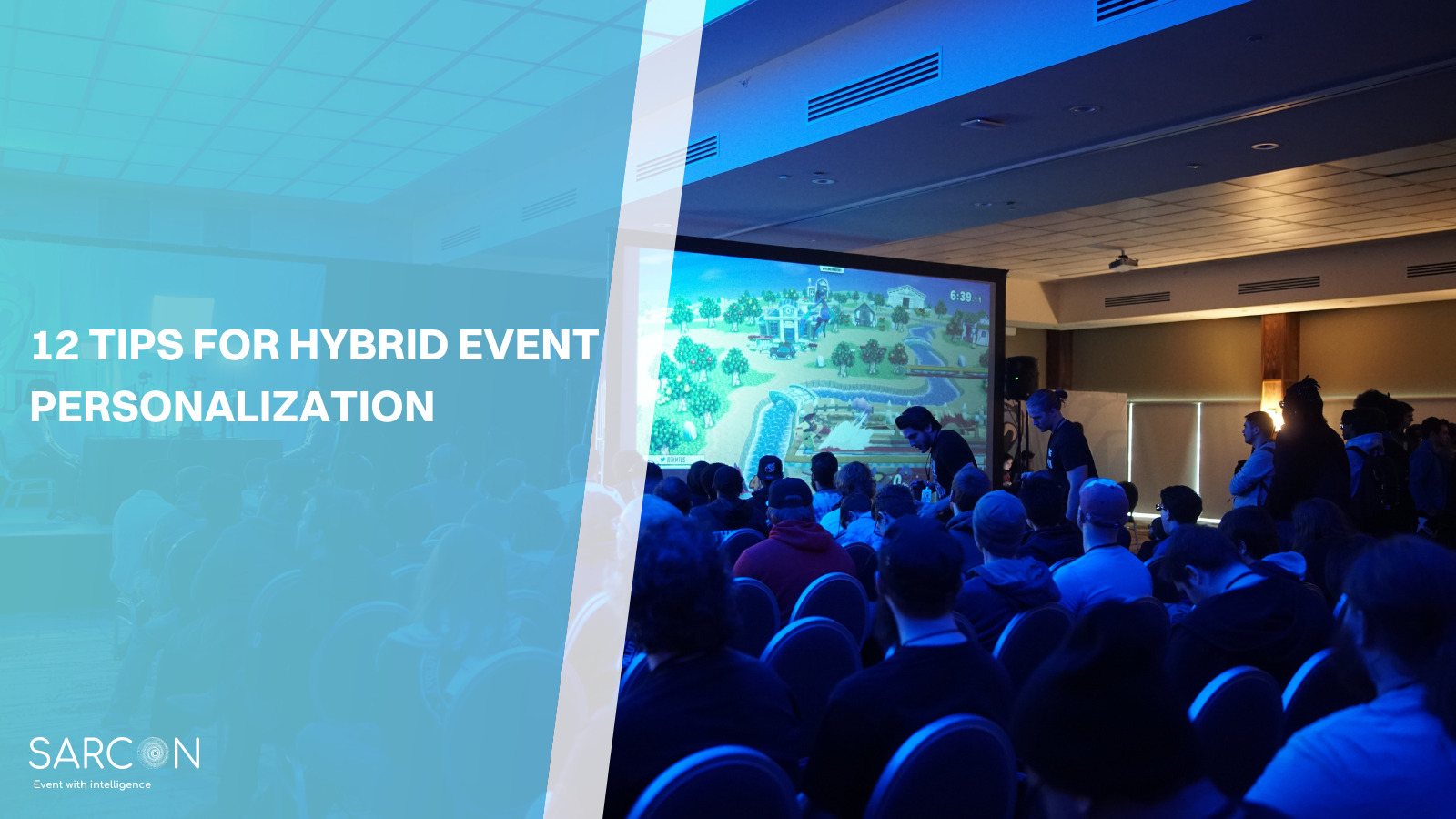Virtual events started as a clunky experiment in the early 2000s when the technology and infrastructure were not good enough to support such an idea. Spotty connections and unintuitive UIs would muddle the reputation of these early virtual events. The importance of virtual events has increased tremendously for B2B marketing.
Virtual events are gaining attention as more companies are looking for cost-effective, sustainable ways of marketing and customer engagement. Added to this, restrictions on company-sponsored travel led to what we now call hybrid events. These hybrid events combine elements of physical events with virtual features that complement each other. They are more cost-effective as the logistics of doing an on-ground event are not necessary anymore or are significantly scaled-down. The added convenience of attending these events from anywhere has boosted the popularity of virtual events.
Faster connectivity through improved internet speed, ease of hosting online events, reduced costs, and a smaller carbon footprint has paved the way for creating such event platforms.
We list out some of how virtual events can help you achieve your goals in a competitive business environment:
- Move away from the norm: Virtual events offer an entirely new way for business prospects to engage with your organization.
- Showcase your product: Virtual events allow for ways that are much more advanced and engaging in showcasing your product/service/offer.
- Better engagement: Various touchpoints can help you engage better with prospects. Virtual events provide numerous features that can enable more conversions.
- Personalization: You have complete control over the function and feel of your event. This level of customization is only available through virtual event platforms and can provide attendees, organizers, and exhibitors a unique experience.
- Maximized outreach: You can scale your event for global outreach, which is difficult and expensive with on-ground events. With Sarcon, there is no limit to the number of participants who can attend a virtual event.
- Event tracking: Online events record every user action, such as registration, login, clicks, downloads, and shares, which has made event tracking more accessible and more in-depth.
- Data-driven approach: B2B event marketing revolves around tracking metrics, measuring ROI accurately, and developing data-driven strategies to improve ROI through decisions backed by data.
Another significant development for B2B marketers is the growing reliance on real-time, two-way communication with high-touch interaction points. The market is distancing itself from age-old communication tactics that rely on contact forms with a 5-day reply cycle.
With virtual platforms, B2B marketing events can offer a rich environment for the audience to participate. This puts marketers in the driver’s seat and clears the path to the finish line, where you make your sale. Since most B2B companies aim to help businesses overcome their obstacles by selling innovative solutions, it goes without saying that being agile and creative will reap the most benefits for any organization.


